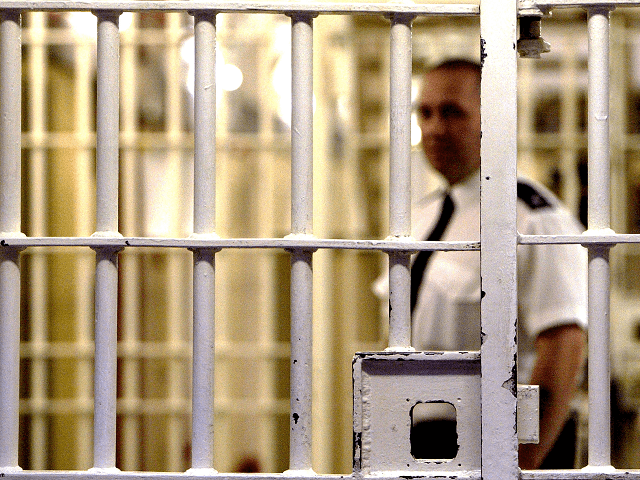That the actors in Europe’s three most recent big terror killings have been brothers radicalised in prison betrays the breeding ground for hard-line Islam that Europe’s jails have become.
As the identities of the perpetrators of the latest terror killings in Europe became clear, so too did the past criminal history of the men involved. Brothers Ibrahim and Khalid el-Bakraoui had both done time for violent, but not politically motivated, crimes in the past.
Ibrahim, who died first by detonating a suicide vest in the departures lounge at Brussels airport on Tuesday, had been sentenced to nine years in prison in 2010 for his part in an armed robbery, which involved shooting at police officers with an AK-47 rifle.
His brother, who died shortly after by blowing himself up in a metro carriage in central Brussels, was given five years in 2011 for car-jacking and the possession of illegal weapons, again an AK-47.
Although these men were Muslim then, the motivation for these crimes was self-enrichment, not religion. That motivation comes, according to a new report by the Investigative Project on Terrorism (IPT), from Jihad-factory prisons.
This is a pattern of radicalisation they share with men involved with the Bataclan and Charlie Hebdo attacks, both in Paris.
It has been suggested the Brussels attacks were prompted by the capture by Belgian authorities of Salah Abdeslam, brother to Paris bomber Ibrahim Abdeslam. Ibrahim had what the IPT describes as an “extensive” criminal history, having been jailed in 2010.
Looking back to the Charlie Hebdo attacks in 2015, it was again brothers — Cherif and Said Kouachi — who entered the magazine’s offices and executed half the staff. They both had criminal records and had been radicalised in prison.
This pattern has been understood for some time, yet too little has been done about it. It is especially concerning considering the significant Muslim prison population in many Western nations.
As Breitbart London reported this week, Muslims make up 23 per cent of the British prison population, despite making up around five per cent of the national population according to the last census.
While the total prison population in the UK has risen 20 per cent in the past 13 years, the number of incarcerated Muslims has gone up 122 per cent.
In France the situation is worse. It has been estimated their prison population in 2008 was at least 60 per cent Muslim, despite the religious group accounting for just 12 per cent of the nation.
With such an enormous number of Muslims to control behind bars, it is possible prison wardens have had to make certain accommodations to keep the peace. A 2009 Quilliam report on prison radicalisation revealed some of these allowances which, far from aiding rehabilitation ready for release, instead turned prisons into jihad factories.
The report found radical Islamists inside the prison system actively recruited for the cause among other inmates and were even “empowered” by prison authorities in their work: “Extremists are often seen by prison staff seen as ‘go-betweens’ between the prison service and ordinary Muslims.
“In addition, leading extremists have been allowed to lead Friday prayers and given mentoring courses that allow them to become ‘spiritual advisors’ to other inmates.”
Chillingly, the 2009 report warned “most extremists initially radicalised in prison take an average of 5-7 years to become fully violent. This means that prisoners leaving prison today may ‘graduate’ into terrorism around 2015”.
In 2015, and now in 2016 Europe is reaping a harvest of bitter, violent men — individuals who have refused to integrate and are attacking Europe in deadly mass casualty attacks. Governments who have failed to tackle extremism in prisons can take a share of the blame.

COMMENTS
Please let us know if you're having issues with commenting.